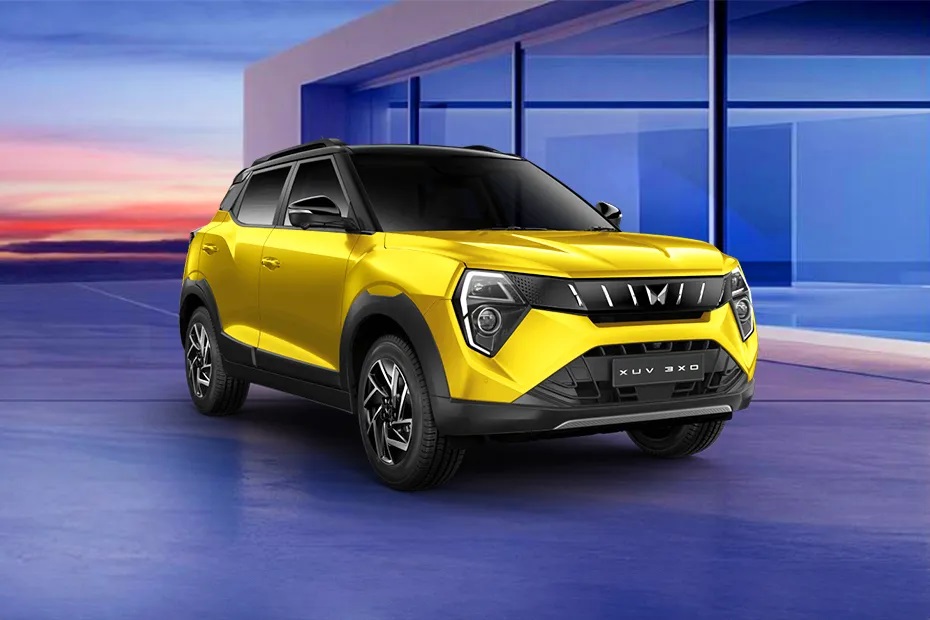Toyota’s Water-Powered Engine: A Game-Changer in Automotive Technology
Toyota has recently announced its work on a revolutionary water-powered engine, sparking excitement and curiosity in the automotive industry. This breakthrough technology promises to pave the way for more affordable and environmentally friendly transportation, challenging the dominance of traditional gas-powered vehicles.
Let’s delve into the details and implications of this innovative concept:
How It Works
- The core technology behind the water-powered engine relies on electrolysis, a process that splits water into hydrogen and oxygen using energy.
- The extracted hydrogen is used as fuel to power the engine, producing only water vapor as a by-product.
- This process has the potential to drastically reduce harmful emissions, positioning the water-powered engine as a sustainable alternative to fossil fuels.
The Potential Benefits
Eco-Friendliness
Produces minimal pollutants, contributing to the fight against global warming.
Could significantly reduce dependence on non-renewable resources like oil.
Affordability
Water is a widely available and low-cost resource, potentially making this technology more accessible compared to fossil fuels or other green alternatives like electric batteries.
Energy Efficiency
Hydrogen engines promise efficient energy conversion, making them a strong contender in the race for sustainable transportation.
Challenges Ahead
Despite its promising future, Toyota’s water-powered engine faces several hurdles:
- Technical Feasibility
- Electrolysis requires a significant amount of energy, raising questions about efficiency and practicality on a large scale.
- Infrastructure Development
- A robust hydrogen fuel supply and distribution network will need to be built from scratch, which is costly and time intensive.
- Research and Innovation
- The technology is still in its infancy, requiring extensive research to overcome current limitations and enhance its reliability.
The Road Ahead
- While the concept of water-powered cars is groundbreaking, it is still at an early stage with significant work needed before it can become mainstream.
- If Toyota and other innovators succeed in addressing the challenges, this technology has the potential to revolutionize transportation, reducing our reliance on fossil fuels and combating climate change.
- For now, the vision of water-powered vehicles remains both an exciting possibility and a challenging task.
Conclusion
Toyota’s foray into water-powered engines marks a significant step towards sustainable transportation. Although the journey ahead is filled with challenges, the potential impact on the automotive industry and the environment is immense. Whether this vision materializes soon or takes longer to achieve, it represents a giant leap in the quest for greener and more efficient energy solutions.



